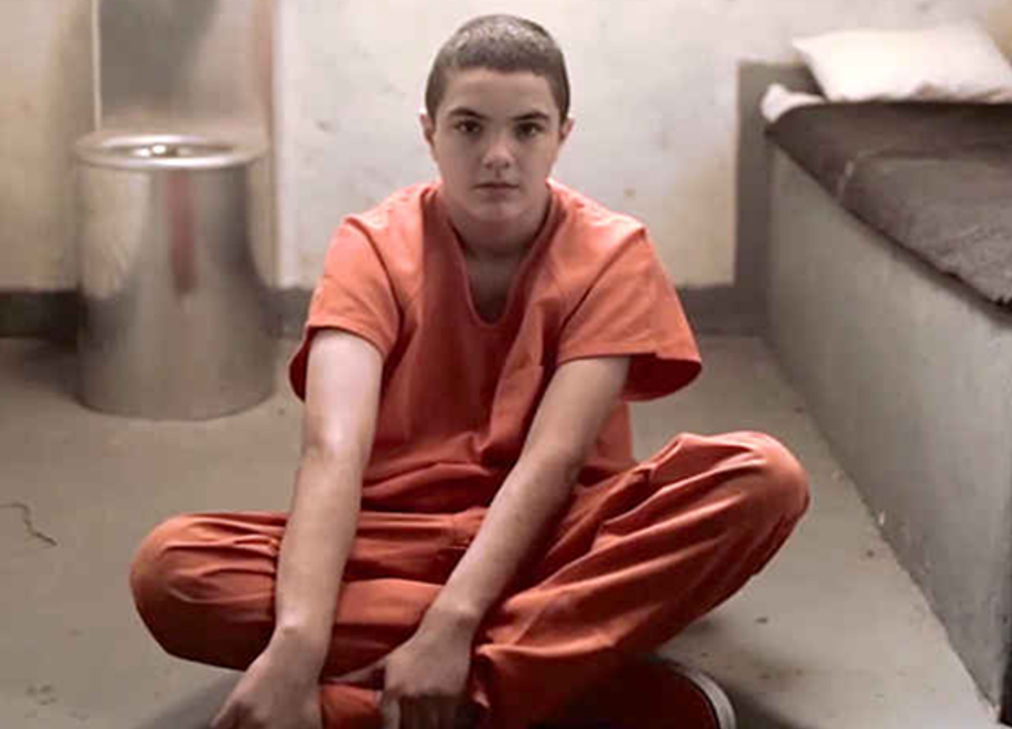Federal Judge Orders State to Implement Parole Process for Children Serving Life Sentences
FOR IMMEDIATE RELEASE
CONTACT: 212-549-2666, media@aclu.org
DETROIT – A federal judge today ordered that all Michigan prisoners who are serving life sentences for crimes committed while children must be provided a "fair, meaningful and realistic" opportunity for parole. The judge gave the state until December 31, 2013 to implement a parole process that comports with his order.
"Courts have repeatedly made it clear that incarcerating children and throwing away the key is cruel and unusual punishment," said Deborah LaBelle, lead attorney in this case, Hill v Snyder. "Today the court demanded that the state of Michigan take action to comply with the Constitution and Supreme Court precedent set almost two years ago. It's now up to the state to develop a process that is meaningful and fair."
In January 2013, U.S. District Judge John Corbett O'Meara, following a decision made by the U.S. Supreme Court in 2012, ruled that Michigan's mandatory sentencing scheme for children convicted of certain crimes is unconstitutional because it treats children as adults and denies them any possibility of parole even if they can demonstrate that they are rehabilitated and pose no danger to society. Such a system, O'Meara ruled, violates the Eighth Amendment's prohibition against "cruel and unusual punishment."
"The Supreme Court has made it clear that mandatory life sentences for children are a violation the Eighth Amendment, and Judge O'Meara's ruling enforces the Supreme Court's decisions," said Ezekiel Edwards, ACLU Criminal Law Reform Project director. "At the center of this case is the simple reality that children are different from adults and should be treated as such in the eyes of the law. The parole process should undertake a serious and meaningful examination of the factors that weigh heavily on children: their home environment, immaturity and failure to appreciate risks and consequences."
The state, represented by the office of Michigan Attorney General Bill Schuette, originally contended that the U.S. Supreme Court decision could not be applied to people already sentenced. The state had also argued that Judge O'Meara's ruling could only be applied to the six plaintiffs named in the ACLU's lawsuit and not the more than 350 people currently serving such sentences. In decisions issued in January and August of 2013, Judge O'Meara rejected Schuette's arguments, ruling that the state could not continue to enforce its unconstitutional law denying children any possibility of parole, and that his order would apply to all children serving life sentences.
At the time of the first ruling, Judge O'Meara also stated that he was prepared to determine the reforms that are necessary to guarantee a full, fair and realistic opportunity for parole for individuals who committed their offense before the age of 18. Today's order forces the state to put in place, no later than December 31, a process for parole that:
- creates an administrative structure for processing and determining parole eligibility;
- gives notice to all who have served 10 years of a life sentence that they are eligible for parole;
- includes a public hearing for each individual who is eligible for parole;
- requires the Parole Board to issue a decision and an explanation for its decision in each case;
- prohibits sentencing judges from vetoing the parole decision; and
- allows parole-eligible youth to access educational or training programs to assist with their rehabilitation and reentry.
To read today's order, go to: http://www.aclumich.org/sites/default/files/file/HillOrderRequiringParoleProcess.pdf
To read the August 2013 order, go to: http://www.aclumich.org/sites/default/files/ACLU_JuvenileLife_Order.pdf
To read the January 2013 order, go to: http://www.aclumich.org/sites/default/files/ACLU_JuvenileLife_OriginalRuling.pdf


